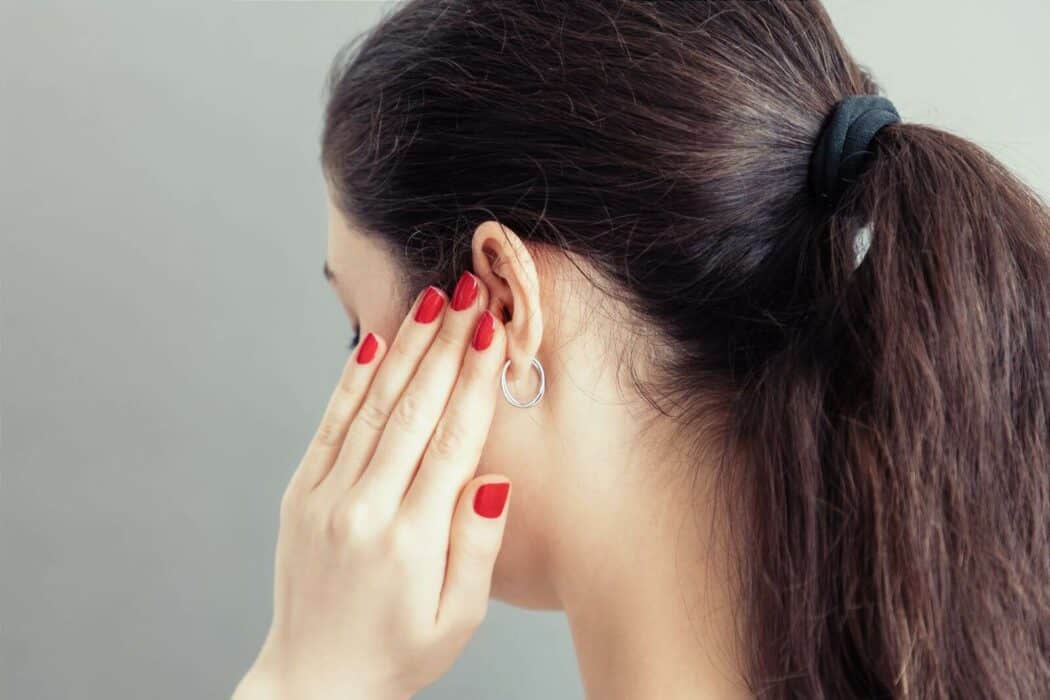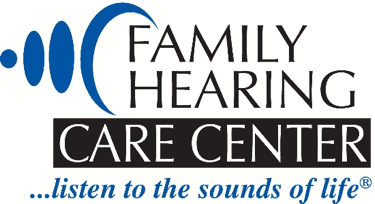
Common Signs of Hearing Loss
People often miss early signs of hearing loss. This contributes to a delay in treatment which worsens hearing loss and the toll it can take on everyday life. Being able to recognize common signs of hearing loss can help you intervene early, transforming the trajectory of your hearing health and wellness.
Early Signs
It takes an average of 7 years for people to address their hearing loss symptoms. This can exacerbate symptoms and the multifaceted effects they often cause. Paying attention to early signs can help you identify and acknowledge hearing loss, supporting early intervention. Early signs of hearing loss include:
- Sounds are slurred, muffled, or distorted.
- Difficulty hearing in places with background noise (restaurants, bars, parties).
- Frequently asking others to repeat what they said, speak louder, and/or slower.
- Finding yourself responding with “huh” or “what” quite often.
- Lip reading to help identify individual words.
- Pretending to hear to get through a conversation.
- Turning up the volume on the TV and other electronic devices
- Hearing a buzzing or ringing noise in the ears. .
- Moving to a quieter space to hear.
- Being able to hear better in one ear compared to the other.
- Keeping conversations short.
- Missing words or parts of a conversation.
- Feeling tired or drained after conversation and social interactions.
These symptoms can be mild to more severe, depending on the degree of hearing loss you are experiencing.
Impact of Hearing Loss Symptoms
Coping with hearing loss symptoms can be tough. People often try to hide their symptoms and keep conversations as short as possible. This can lead to:
- Social withdrawal: avoiding conversations is common. This involves spending less time with family and friends, skipping social activities and gatherings, and participating less in hobbies. Social withdrawal impacts relationships, social life, and mental health. Extensive research shows that this can increase the risk of experiencing depressive symptoms.
- Strained relationships: communication is foundational for relationships. Strained communication makes it tough to spend time with and connect with loved ones. People often report feeling unheard or ignored by their loved one with hearing loss. This can produce tension, distance, and frustration which contributes to disconnect and strain in relationships.
- Increased health risks: in addition to depressive symptoms, substantial research shows that untreated hearing loss can increase other health risks. This includes cognitive decline, falls, and accidental injuries – impacting physical health as well as capacity to navigate daily life independently and safely.
These effects of untreated hearing loss can impact all areas of everyday life. This highlights the importance of intervening early by addressing symptoms with a hearing healthcare specialist.
Treating Hearing Loss
It is important to know that there is a wide range of hearing healthcare services and resources that are invested in transforming your hearing health and wellness. The first step towards accessing treatment is having your hearing health evaluated. Hearing tests involve a painless process that comprehensively measures your hearing capacities in both ears. This identifies your hearing needs which informs the best treatment options that can meet those needs.
There are effective hearing solutions that can change the trajectory of hearing health. The most common treatment is hearing aids which are electronic devices that are designed to absorb and process speech as well as sound. This provides the ears and brain with ample support, alleviating hearing loss symptoms and maximizing hearing capacity. Today’s hearing aids are savvier than ever before. There is a range of options that feature various styles, colors, and technologies designed to make hearing as seamless as possible. Your hearing healthcare provider will help you navigate your hearing aid options, recommending devices that are optimal for your hearing and lifestyle needs.
Prioritize Your Hearing Health Today
You can prioritize your hearing health with one simple step: make an appointment or a hearing test. This puts you closer to treatment which is life-changing. Treating hearing loss strengthens hearing and communication as well as improves relationships, enriches social life, and enhances overall health. Treating hearing loss allows people to live active lives that they can fully participate in.
Contact us today to schedule an appointment for a hearing consolation. Our practice is proud to offer comprehensive services and individualized care that utilizes the latest in hearing healthcare technologies.
